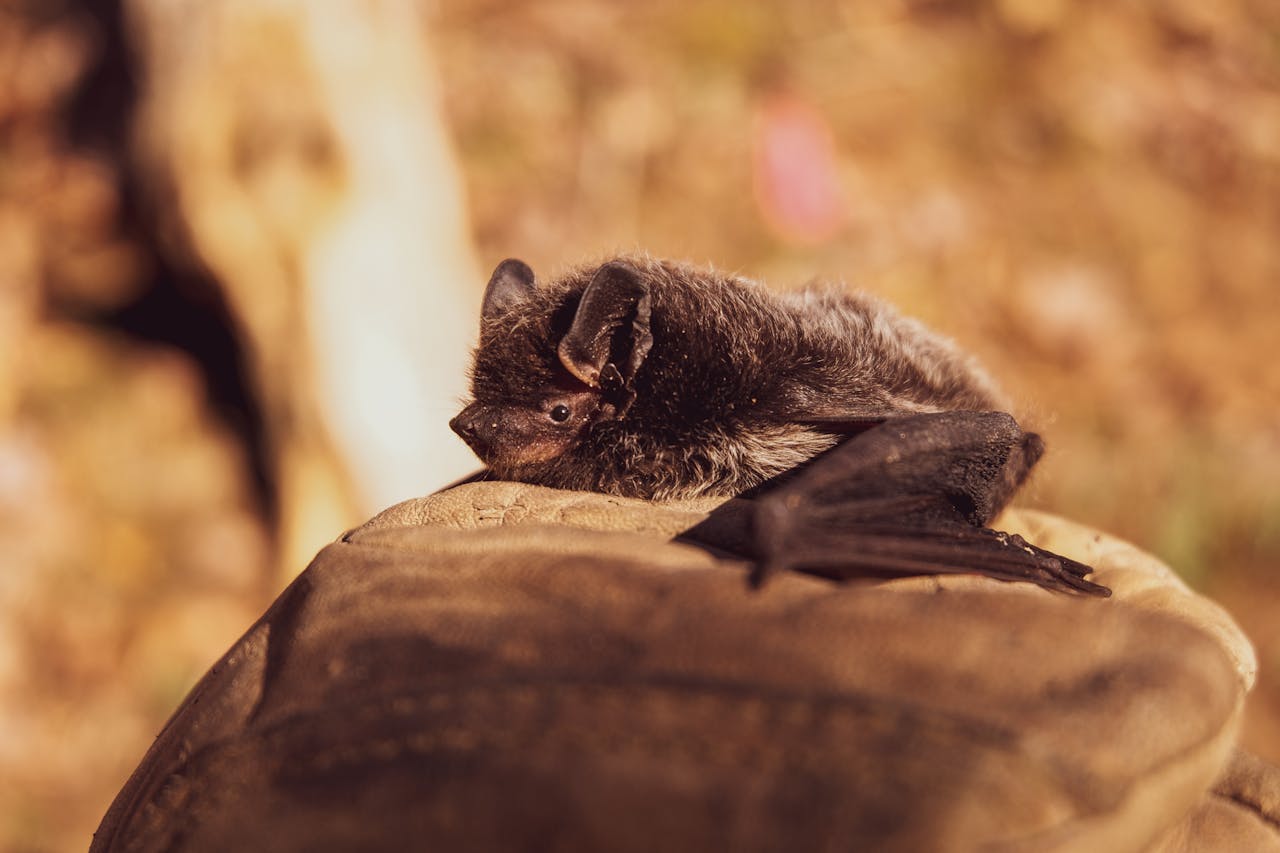
Bats, often shrouded in mystery and misconceptions, play a crucial and often underappreciated role in maintaining the delicate balance of ecosystems worldwide. From their invaluable contributions to agriculture through natural pest control to their potential in unlocking medical breakthroughs, these nocturnal creatures wield a profound impact on various facets of human well-being and environmental sustainability.
Ecological Importance
Pollination Services
Bats play a crucial role in pollinating flowers, especially in tropical and desert regions where they sustain diverse plant species that rely on bat pollination. Their nocturnal foraging habits contribute to the reproduction of night-blooming flowers, thus supporting the ecological balance and biodiversity.
Insect Control
In their nightly flights, bats consume vast quantities of insects, effectively acting as natural pest controllers. This reduces the need for chemical pesticides in agricultural areas, promoting environmentally friendly pest management practices while curbing the spread of insect-borne diseases.
Seed Dispersal
Bats aid in forest regeneration and ecosystem health by dispersing seeds across various habitats. Their unique feeding and roosting behaviors contribute to the propagation of different plant species, fostering biodiversity and aiding in the restoration of degraded ecosystems.
Economic Impact
Agriculture
The economic benefits of bats in agriculture are substantial, primarily through their role as natural pest controllers. By preying on insects that damage crops, bats contribute to reduced crop damage and increased yields, ultimately leading to cost savings for farmers. This natural form of pest control aids in sustainable agricultural practices while minimizing the reliance on chemical pesticides.
Tourism and Conservation
Bat habitats hold significant potential for attracting eco-tourism, offering enthusiasts and nature lovers the opportunity to observe these fascinating creatures in their natural environment. This presents an economic incentive for the preservation of bat ecosystems, as the conservation of these vital habitats not only sustains biodiversity but also contributes to the broader tourism industry, thereby bolstering local economies and livelihoods.
Medical Insights
Beneficial Research
Studying bat immune systems holds immense promise for uncovering potential medical breakthroughs. Their remarkable resistance to diseases, including viruses that are detrimental to humans, presents a rich field for research, offering insights into novel antiviral strategies and immunotherapies that could benefit human health.
Zoonotic Disease Prevention
Bats play an essential role in scientific research aimed at preventing and understanding zoonotic diseases, which can transmit from animals to humans. By delving into the dynamics of zoonotic disease transmission and the coevolution of bats and pathogens, researchers can gain critical knowledge that contributes to early detection, prevention, and control of potential disease outbreaks.
Anticoagulant
Bats’ blood contains anticoagulant compounds that prevent the formation of blood clots, which could potentially provide valuable insights for treating conditions like strokes and heart attacks in humans. By studying these compounds, researchers may be able to develop more effective treatments and medications for cardiovascular diseases.
Threats and Conservation Efforts
Habitat Loss
The challenges faced by bats due to habitat destruction and urbanization are a pressing concern with far-reaching implications. As urbanization continues to encroach upon natural habitats, bats encounter a myriad of threats, including roost destruction, loss of foraging areas, and disruptions to their natural behaviors. The impact of habitat loss on bat populations underscores the urgent need to address the escalating risks posed by urban development and land use changes.
Conservation Initiatives
Amidst the formidable challenges posed by habitat loss and urbanization, ongoing conservation initiatives stand as beacons of hope for safeguarding bat populations. These efforts emphasize the critical importance of public awareness and engagement in fostering a harmonious coexistence between human activities and bat habitats. Through dedicated conservation programs and collaborative endeavors, the imperative of preserving bat populations is underscored, signaling a collective commitment to mitigating the adverse impacts of habitat loss and urban development on these integral members of our ecological tapestry.
Ethical Bat Removal
Bats, often threatened by factors such as habitat destruction, pollution, and human interference, are vulnerable to extinction, with over 30 bat species listed under the Endangered Species Act. Understanding the critical role of bats in maintaining ecosystem balance underscores the necessity for ethical bat control measures that prioritize their preservation.
Ethical pest control companies recognize the importance of safeguarding bat populations and their habitats. Instead of resorting to lethal methods, these companies focus on humane and sustainable bat removal practices. By employing strategies that involve the safe removal of bats from homes and the strategic blocking of their entry points, these companies ensure that bats are not harmed while addressing potential conflicts with human habitation.
This approach aligns with the broader conservation efforts aimed at protecting bat species and acknowledges the intricate interdependence between bats and their environment. By prioritizing non-lethal bat removal methods, ethical pest control companies contribute to the preservation of these valuable species, ultimately supporting the delicate ecological balance that sustains diverse ecosystems.
Final Thoughts
From bats’ tireless contributions to biodiversity conservation and sustainable agriculture to their potential in shaping groundbreaking medical advancements, bats stand as guardians of ecological harmony and human well-being. By fostering a deeper understanding and appreciation of bats, we not only honor their essential role in nature but also pave the way for collaborative efforts to ensure their preservation for generations to come. Let’s celebrate the invaluable benefits of bats and commit to nurturing the coexistence between humans and these extraordinary winged allies.


